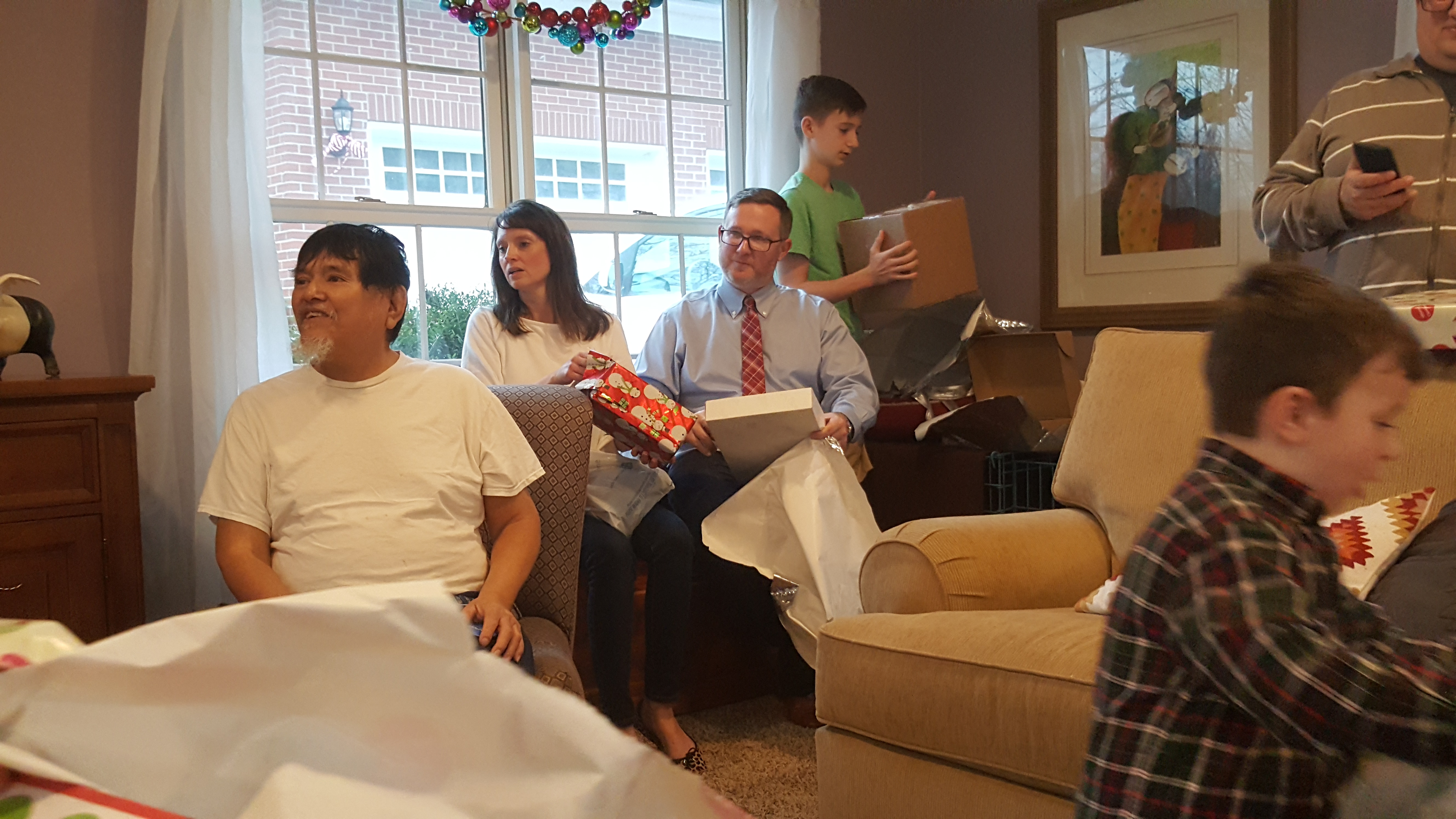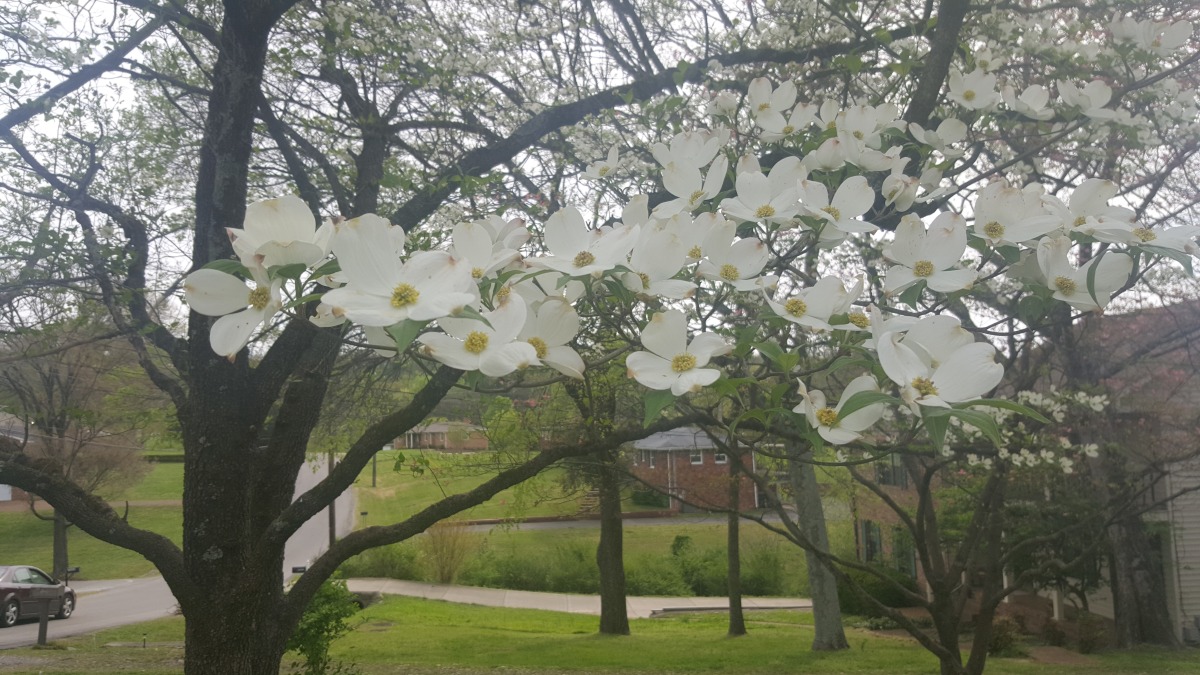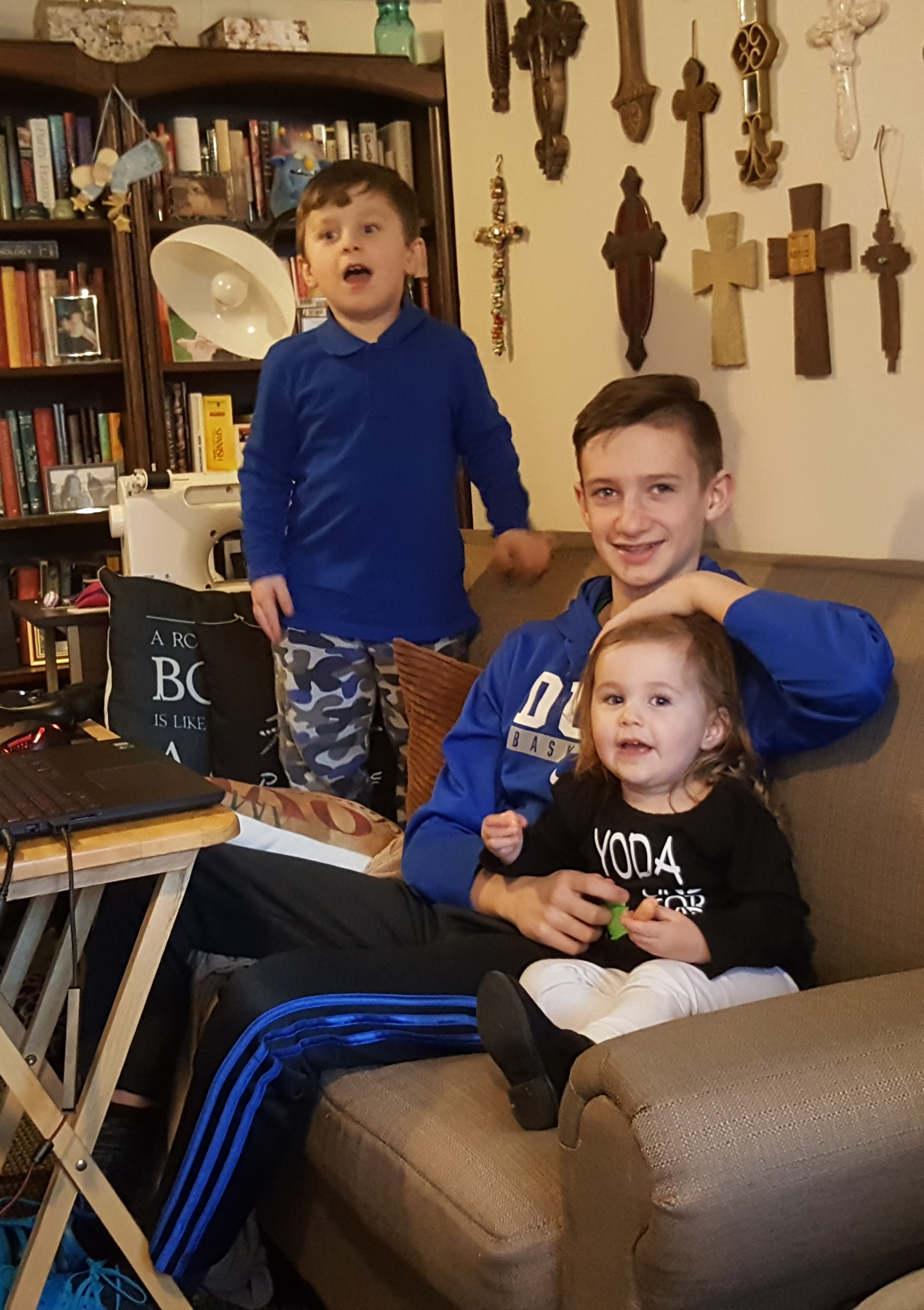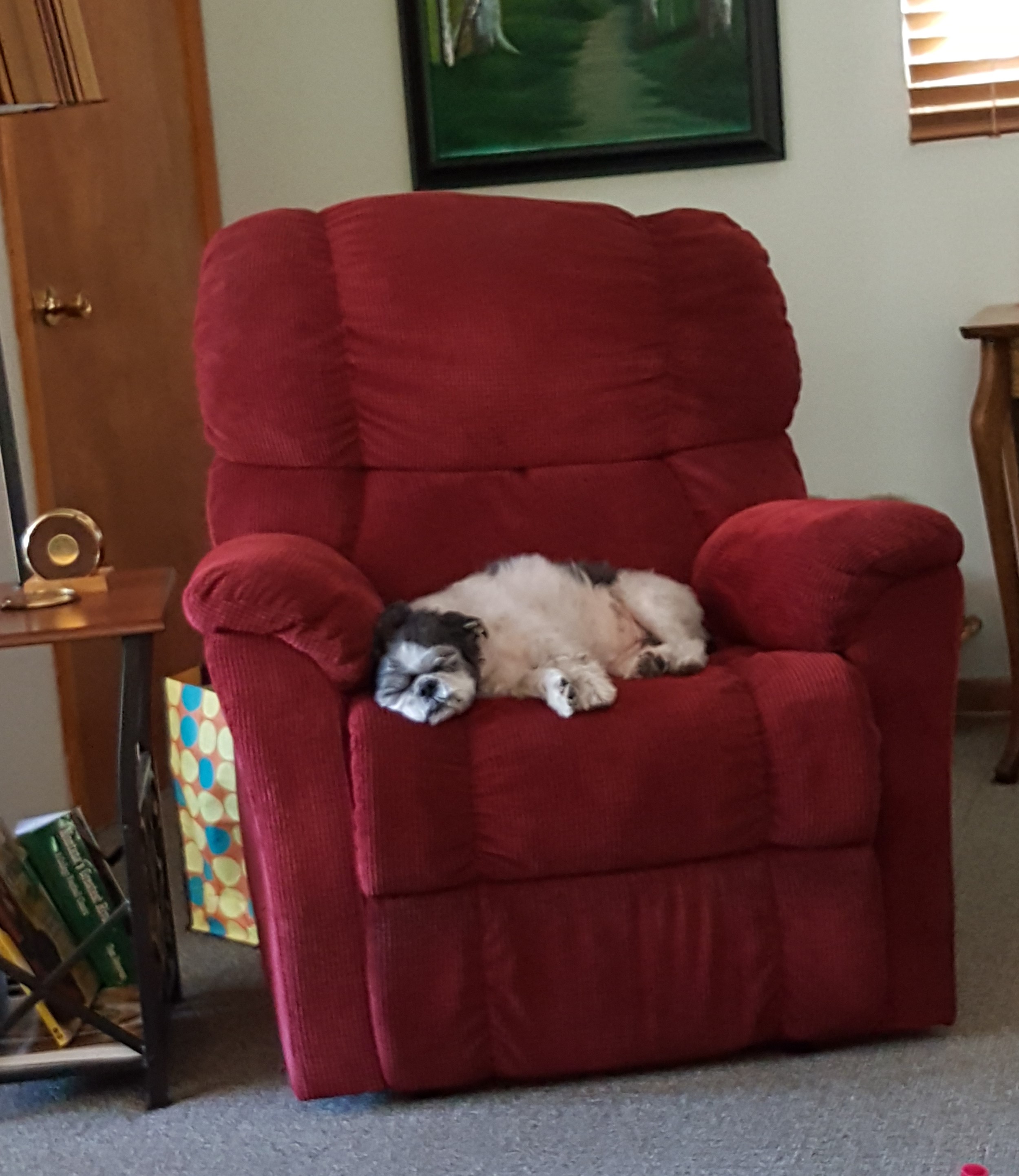Last Tuesday, when I was having my morning coffee, a wave of relief washed over me like Gulf water easing white sand around a buried shell. I felt somehow cleansed.
I said to myself, “I am now really retired. What will I do?”
A line from Mary Oliver’s poem came to mind. “Tell me, what is it you plan to do with your one wild and precious life?”
When the awareness of retirement really hit, my mind recouped the last fourteen years. For twelve of those, we cared for my parents. The last one-and-a-half began with Mom’s death at the end of June 2022 and questions about our next move. Actually, the possibility of moving began much earlier. Mom was in favor of downsizing, too. We were no longer able to care for The Compound as we wanted and as needed, and hiring enough help was prohibitive and highly unlikely. It was not a difficult decision.
So we started getting ready. We thought we’d list the place in Spring 2023, in time for a new family to find our lovely spot and get moved in before school started. I admit I procrastinated, but my dear friend Cathy and I cleaned out garages large enough to house eight vehicles with room left over. We sold some and gave away more, passing down furniture and ancestral pieces to our children, my brother, and his family. Our estate sale left us in worse shape than before the sale! I can’t tell you who manages a good estate sale, but I can quickly let you know which company not to choose. Seriously, just ask me.
We browsed realty listings in anticipation, and one house kept catching my eye. It went off the market, and we thought, oh well, we missed that one. Mysteriously, it came back a month later at a much lower price. When two of our children saw the same listing for The Cottage (it seems they were looking, too), they each said, in so many words, “This is your house.” We fiddled, diddled, and bought a house before listing The Compound. Our dear realtor friend Karen was with us every step of the way. We closed on The Cottage on September 22, 2022, and began the relocation process, leaving a few pieces of furniture and decor for staging and passing down more antiques to our children and cousins.

I can confirm that two homes build a recipe for stress, and our two-properties situation lasted almost a year. For three seasons, I cleaned, mowed, and weeded. Dave knocked down weeds and cleaned up the edges of driveways, sidewalks, and flower beds. He watered, thanking the Universe when the rain came. The brutal winter meant ensuring we had no busted pipes at either place.
Karen listed the house in November 2022. There was plenty of activity at The Compound, but no takers. We knew it would take the right buyer for the place. There was that persistent possibility of eight bedrooms, three kitchens, six bathrooms, and three (maybe four) living areas. Not everybody could fit into that situation.
We dropped the price a few times, realizing that the market had slowed, and it still seemed that the people who needed it most could not afford it. Investors, of course, wanted to lowball.
We both watched finances. There was no scraping by, but the upkeep on The Compound was expensive. There were improvements we wanted to make at the new house that we had lovingly named The Cottage. They had to wait for the sale.
Dave, my steady partner, kept us on the right path. Unpacking the basement waited like a stalking bobcat, but necessity called for the consistent care of The Compound, all the while trying to be a good wife and feeling the weight of Mom’s death underneath all the hoo-roar.
We came near to closing with a family wishing for space for an au pair and frequent visits by family from Japan, only to have the deal fall through a couple weeks before signing. Our hearts fell for a while, but along came a woman who said she wanted to house parents, in-laws, and her best friend’s grandmother, providing caregivers 24/7 when needed. She planned significant renovations, she said, including adding gas-powered whole-house generators. She loved the grounds, especially the muscadine vines, blackberries, and strawberries. She told me to leave the wildflower garden to seed for next year’s spring. She bought the staging furniture and decor. It all felt right.
So, how do we fill our time now? Well, currently, we blow and pick up leaves every day. The cottage is in a woodland setting in the middle of a 1980s planned development. No one would imagine the number of leaves we manage. Looking at the front of the house, you wouldn’t suspect the designated wildlife area that is our backyard. There are trees at least one hundred years old, and they shed their leaves in fall and winter. It seems they never stop.
I spend more time with Dixie, my spoiled Shihtzu/Poodle mix. She is a Shi-poo. I cook dinner most days, enough for lunch leftovers, and breakfast a few times. I check and post on Facebook. I’m trying to get comfortable with Instagram.
It seems Dave and I see more physicians these days. It’s not abnormal. I mean, we are eighty-one (next week) and seventy-four. We have at least one or two appointments each week, and each one can shoot the whole day. Then, there are the maintenance people for the HVAC, irrigation, plumbing, and other household fixers.
My routine is not yet stable. I plan to plan.
Every once in a while, I drive by The Compound. It looks ragged and a bit abandoned. No one lives there. No improvements have begun. Nobody cuts the grass until it’s hard to mow.
I don’t feel sad. I’m surprised that I don’t. I just feel such deep love and respect for that glorious setting. The Compound not only housed more than a few bodies, but also fed the souls of those who passed through the doors. The memories will last forever.
There are a bunch of videos online of people fighting through tangled vines and groin-high weeds to find a lawn and, usually, a house. Sometimes, they work on public property, mowing around poles, signs, and speed bumps and humps. Sometimes, they’re even working for nothing! The videos are delightful and somewhat therapeutic.
I probably spend too much of my time watching YouTube.






 Dad turns eighty-nine in September. He’s fallen several times since Christmas, the time when his scleroderma started acting out as if on a mission. Some days, he’s needed help to get out of his old favorite recliner–or actually any chair he sits in. His legs won’t hold him up without his Rollator, and several times a day, he can’t even move his feet holding to the walker.
Dad turns eighty-nine in September. He’s fallen several times since Christmas, the time when his scleroderma started acting out as if on a mission. Some days, he’s needed help to get out of his old favorite recliner–or actually any chair he sits in. His legs won’t hold him up without his Rollator, and several times a day, he can’t even move his feet holding to the walker.